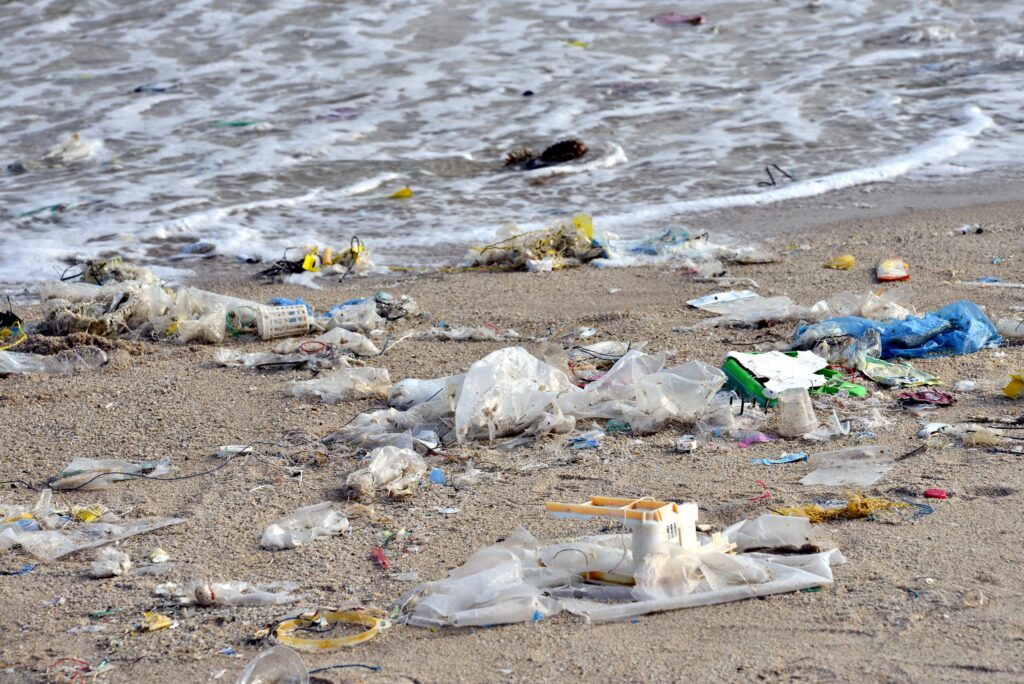Climate crisis: Hong Kong, UK and Singapore dive in, but are green bonds just greenwashing?
Fixing our plastic bag habit
Prof Sumit Agarwal, Managing Director of SGFIN shared the view on single-use plastic bags that have been labelled as one of the biggest polluters, and Singapore is one of the world’s biggest offenders.
A time for CSR to shine
Assoc Prof Zhang Weina, Deputy Director of SGFIN described a unique Private-Public-People collaborative model for CSR to accumulate social capital at firm-level, industry-level, and societal level in the midst of pandemic in Singapore.
Green Finance
Assoc Prof Zhang Weina, Deputy Director of SGFIN discussed the definition of green finance, types of green related financial products for investment, green investors, and the role to be played by Singapore in the development of green finance going forward.
A burning issue: Calculating the cost of the haze
Together with his NUS colleagues, Prof Sumit Agarwal, Managing Director of SGFIN studied the financial impact of haze on Singapore, based on the risk avoidance behaviours by local residents and foreign travellers. To find an effective and lasting regional solution to the haze issue, he saw monetary incentive as the most powerful means to galvanize actions in changing behaviours. Studies; like the NUS study; which quantified the real economic cost of haze serve as a useful aid for governments and policymakers to justify using public funding for preventive and protective measures against the haze.
What is sustainability reporting?
In the financial quotient series, Assoc Prof Zhang Weina, Deputy Director of SGFIN described the definition and three key aspects of sustainability reporting in Singapore context.
What is social return on investment?
In the financial quotient series, Assoc Prof Zhang Weina, Deputy Director of SGFIN and Ruth Tan discussed in detail what was social return on investment (SROI) and how it could be useful to evaluate the non-monetary impact generated by social/environment projects and activities.
Air quality affects productivity: study
Through this research study on the productivity level of a group of taxi drivers when air quality worsened, Prof Sumit Agarwal, Managing Director of SGFIN cautioned on the wider detrimental effects of lower productivity not only on the personal health, but also the economy at large.
Can firms do well by doing good?
Assoc Prof Zhang Weina, Deputy Director of SGFIN commented on the principles, benefits and practices of companies that were active in doing good.
What are green bonds?
In the financial quotient series, Assoc Prof Zhang Weina, Deputy Director of SGFIN explained that a green bond was a sustainable investment vehicle that provided investors with financial returns and an opportunity to be environmentally responsible.
Bike-sharing: Balance between regulation, supporting innovation
Bike sharing offers an innovative solution to the pollution and congestion problems facing urban cities around the world. Prof Sumit Agarwal, Managing Director of SGFIN reasoned that where a particular innovation could generate many positive externalities, regulators should support and manage its development and progress, as well as its wider impact. He argued the careful need to consider how regulation and innovation could work together to better support Singapore’s drive to encourage and nurture innovators.
What is impact investing?
In the financial quotient series, Assoc Prof Zhang Weina, Deputy Director of SGFIN explained that impact investing was an alternative but important consideration for investors who cared about environmental and social impact of their capital investment.












